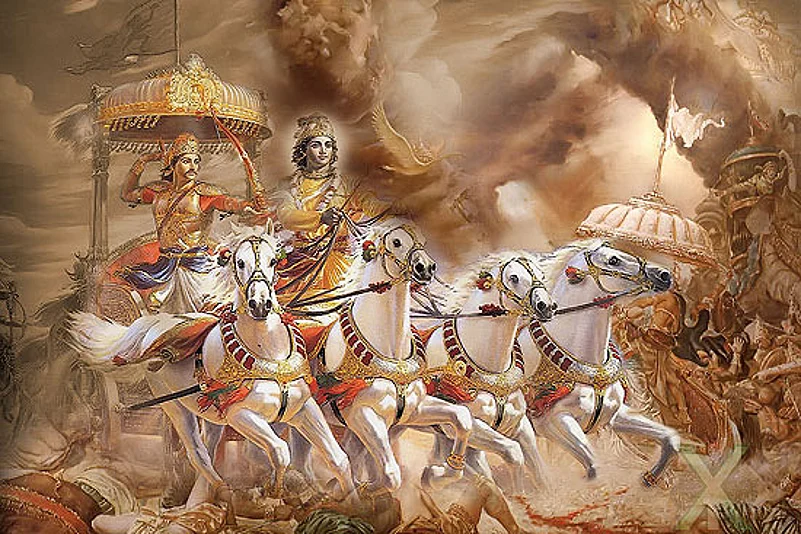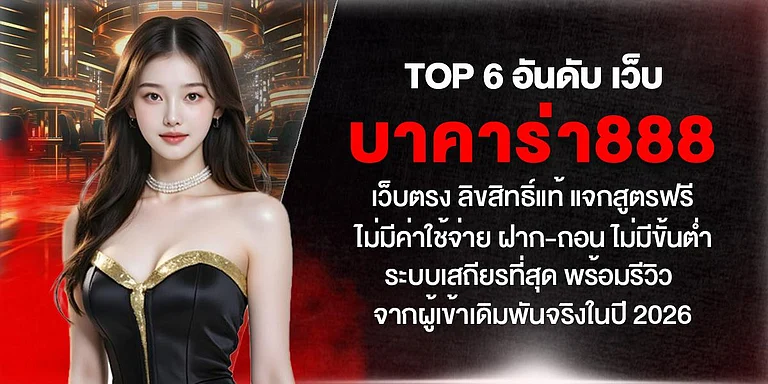One of the keenly watched moves of the new BJP-led NDA government will be appointments to key research institutes like Indian Council of Historical Research (ICHR), Indian Council of Social Science Research (ICSSR) and Institute of Advanced Studies, which have always been contested since the time of their inception. These positions of authority have almost always been appointees of the political dispensations of the time. The appointments are in a way crucial for they present an opportunity for the ruling regime to not only give a direction to future areas of research but in some instances even rewrite history as we know it now.
So it comes as no surprise that Yellapragada Sudershan Rao’s appointment—one of the first to be made by the Narendra Modi government—has led to some consternation in academic circles as the sign of a clear rightward lurch in research institutes. To begin with, historians, as is their wont, seek citations as proof of his credentials. “If you meet me, you will know me,” he proffers. While that is an adequate cue for a journalist, historians look for evidence and for the moment, most of them say, there is little to offer insights into Rao.
His blog posts have only caused concern among academics. His views that Ramayana and Mahabharata are truthful accounts of events present in the collective memory of people offer a literalist take on the epics that fit perfectly with the BJP’s politics. Rao says ICHR would encourage all research that links India with Southeast Asia to bolster the idea of a civilisational “Greater India”. His blog posts leave little doubt about where his heart lies—mostly ringing endorsements of faith over reason.
In 2007, writing on the ‘Problems of Indian Chronology—Date of Mahabharata War’, Rao wrote, “Bharat has no parallel in the world in respect of the quality, quantity, antiquity and continuity of its knowledge store. Vedic and Puranic literature give us very valuable data for tracing the history from the remotest past to the recent times. It may not be possible to assign a fixed date for every event or episode of the remote past which of course serves no purpose. But on that score, the episode cannot be dismissed as fictitious”.
Eminent historian D.N. Jha is bewildered, saying history has been held hostage to the fight between reason and faith. “It is impossible to combine the two and Rao, from all appearances, is a believer in the historicity of the Mahabharata.” As Jha reasons, “One has to be critical of the sources...and criticism does not mean insulting faith. As a historian, I have no faith. I go by rationality. But I don’t expect the Modi government to be rational.”
Now the fear is, is this the beginning of a process to fill up other institutes with men/women sympathetic to the saffron cause? Indeed, should educational institutes be held hostage to politics?

The Rubble Moves Sangh men during the calamitous Babri Masjid demolition
Professor Salil Mishra of Ambedkar University feels Rao’s appointment leaves no room at all for the autonomy of institutions like ICHR. “They are going to be run like adjuncts of the government,” he says. Mishra is also concerned about the perception the BJP has of historians from the past. “An impression has been created that the writing of history has been the preserve of Left historians. This is not an ideological, doctrinal or political dominance by the Left, though the BJP feels that the ICHR is a victim of this dominance,” says Mishra.
There is also some apprehension that an atmosphere is being created for a debate on Mathura and Kashi, just as it was sought to be created around Ayodhya. That Rao is also associated with Project Mahabharata, an enterprise focused on assigning a date to when the epic battle was fought, historians say, gives credence to the view that he is not exactly a champion of rationality. “Ramayana and the Mahabharata are stories which people believe in. For historians, these are not a matter of faith, they have a right to examine it. Literary sources have to be subject to the rigours of historical research before they can be accepted as such,” says Jha. Jha also says Rao, on the evidence presented, is not a very competent scholar.
While the future course of ICHR has given cause for concern, historians are also worried about the fate of projects initiated over 15 years ago. For instance, The Freedom Project that entailed documenting the freedom struggle between 1937-47, in which historians of repute were involved, got embroiled in a controversy, when the NDA government under Atal Behari Vajpayee found that the role played by organisations like the Hindu Mahasabha or the Muslim League in the freedom struggle wasn’t significant enough to merit detailed research. Each year between 1937 and ’47 was to be represented in a volume. Two volumes, by noted historians Sumit Sarkar and K.N. Panikkar, were subjected to review because of the pressure brought upon by the RSS. Says Prof Mishra, “An attempt was made to wind up the project then and great pressure was brought upon the ICHR to discontinue it.”
Ten years ago, at the height of the previous BJP-led NDA rule, attempts were also made to rewrite school textbooks, undertake a rigorous nationalistic interpretation of history. Under then HRD minister Murli Manohar Joshi, no attempt was spared to appoint men of the minister’s choice. And no institution under the HRD ministry’s watch escaped unscathed. Joshi stacked men from the RSS in the Indian Institute of Advanced Studies, Shimla, and even the University Grants Commission. Mishra feels “our institutes will lose all their vibrancy if the government attempts to control it”.


























